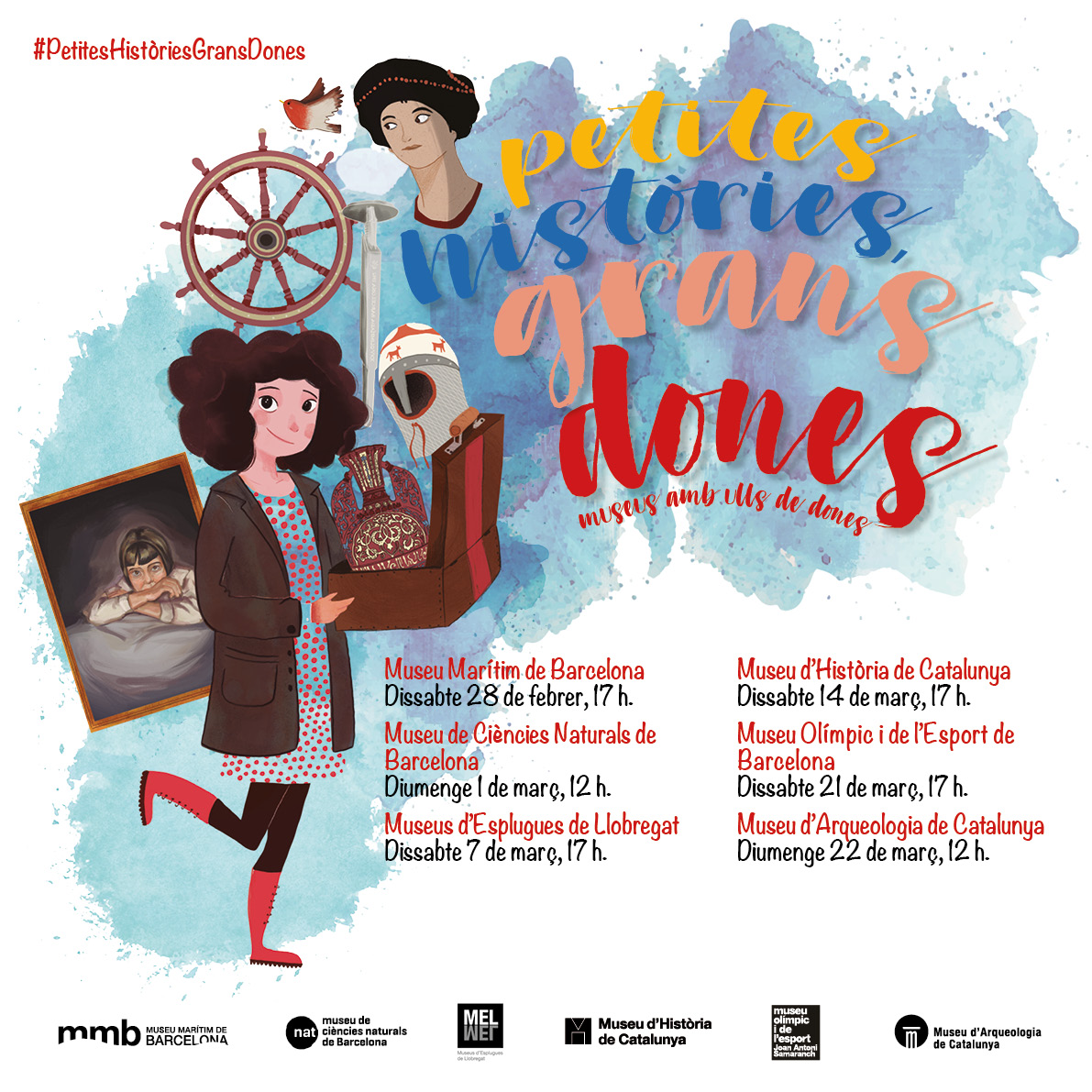Ciutat Vella welcomes a new Senior Center, located in the picturesque neighborhood of Sant Pere, Santa Caterina i la Ribera.
The modern building on Carrer dels Mestres Casals i Martorell has already begun operations, replacing the old space at Carrer del Rec, 21-23. This center not only seeks to provide care for our seniors but also to create an inclusive space that connects the community.
With an investment of 5.8 million euros, the project includes not only the senior center but also a future temporary residence for adults at risk of social exclusion.
In addition, the urbanization of the surroundings and the creation of a new square at the intersection of Arc de Sant Cristòfol street and Fonollar street will be carried out.
New Senior Center: an inclusive space for the local community
The new building, distributed over four floors, will be used as a center for the elderly on the first floor, second floor and mezzanine. Here, services such as multi-purpose rooms, kitchen and computer classrooms, dining rooms, laundry, storage, urban gardens and living areas will offer users a variety of activities and amenities.
The second, third and fourth floors are reserved for housing adults at risk of exclusion.
With a total of fourteen rooms, six singles and eight doubles, this initiative seeks not only to provide a temporary home but also to reintegrate these people into society.
Services for the elderly
This new center represents a continued commitment to the welfare of the elderly and reflects the evolution of community services in Barcelona. The inclusion of a temporary residence demonstrates the city’s progressive vision for addressing the diverse needs of its population.
Ciutat Vella celebrates the opening of this space, which not only becomes a refuge for the elderly but also a community meeting point.
With a modern design and specialized services, this center is expected to become a beacon of comprehensive care and support in the community.
Adapted housing for the elderly
Recently, the Barcelona City Council reinforced its commitment to the elderly population by expanding the public housing stock adapted to their needs.
It focused on building municipally-owned subsidized social housing for people over 65 years of age, self-employed and without home ownership or with unaffordable housing.
With a total of 1,433 homes in 24 developments, distributed in different districts, Barcelona seeks not only to provide a housing option but also to improve the quality of life of its senior citizens.
Emphasis is placed on Sant Martí, Ciutat Vella and Nou Barris, and 500 additional homes are planned in six future developments.




